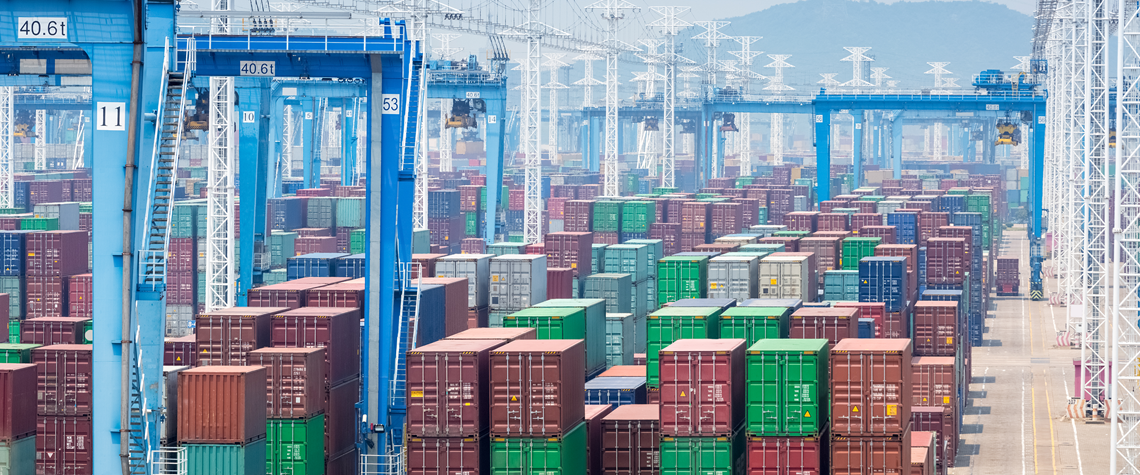China targets Singapore bunkering
Chinese tax reform will trigger a gradual shift in the bunker fuel market away from Asia’s dominant hub
The timing of a package of Chinese tax reforms will have a greater impact on the future of the Asian bunker fuel market than the new International Maritime Organization (IMO) rules on sulphur in maritime fuel that came into effect on 1 January. China applies both consumer and value-added taxes to bunker fuels, even for bonded sales. This leads blenders to import about 90pc of the blendstocks, mostly from Singapore and Malaysia. “The tax is the big game changer,” says Dr Michal Meidan, director of the China Energy Programme at Oxford Institute for Energy Studies. Chinese refiners, she says, have been lobbying for tax relief for well over a year. The IMO has banned ships from using fuels with

Also in this section
27 February 2026
The 25th WPC Energy Congress to take place in tandem as part of a coordinated week of high-level ministerial, institutional and industry engagements
26 February 2026
OPEC, upstream investors and refiners all face strategic shifts now the Asian behemoth is no longer the main engine of global oil demand growth
25 February 2026
Tech giants rather than oil majors could soon upend hydrocarbon markets, starting with North America
25 February 2026
Capex is concentrated in gas processing and LNG in the US, while in Canada the reverse is true







